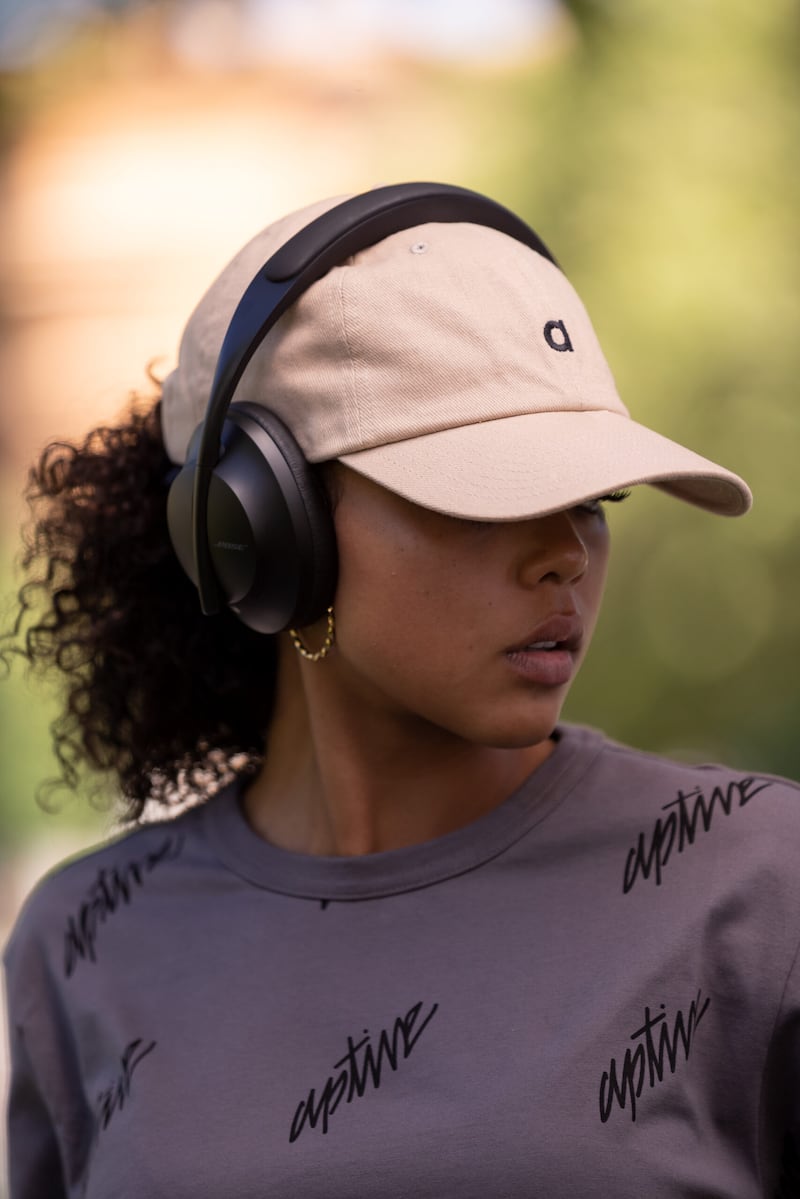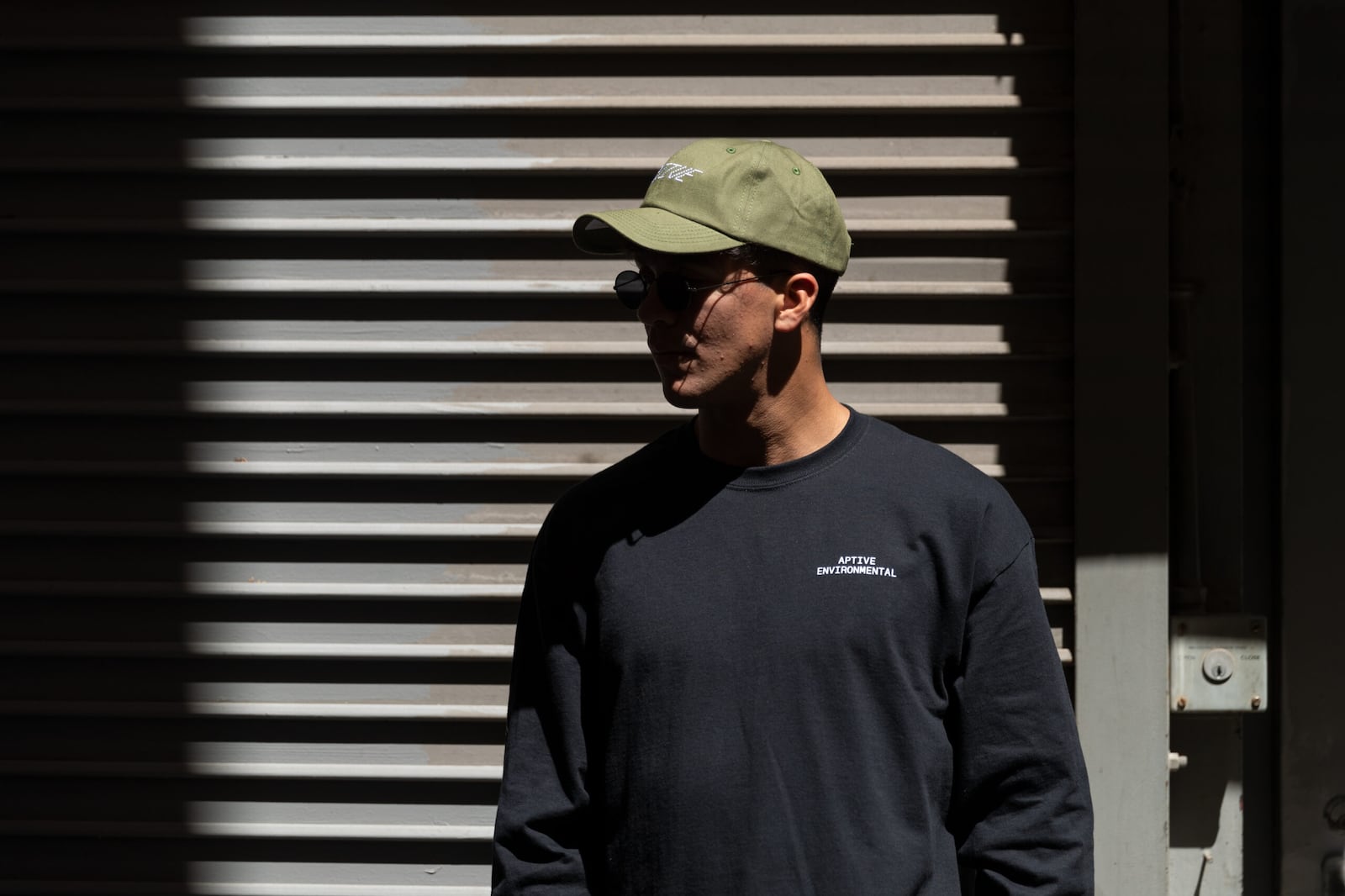Photo courtesy of MF9
Companies can put their logos on almost anything. While the proliferation of corporate swag grows, two Utah-based manufacturers are rethinking how company-branded products can and should be made. Their work is illuminating an essential question: What unique edge does corporate swag offer?
Corporate swag can build community
Cory Sistrunk’s first memorable brush with corporate swag was an APX T-shirt featuring the company logo. The immediate disconnect he felt with the garment inspired him to rethink the definition of swag. Eventually, he founded MF9, “a studio and company [that builds] meaningful brands and connections between human beings.”
Today, MF9 partners with some of Utah’s most notable companies, including Aptive Environmental and Sandlot Partners, to create corporate swag. However, Sistrunk prefers to eschew the word “swag” altogether. Instead, he wants to steer the language toward “branded goods” or “experiences” that support intentional interactions.
“People think, ‘We need swag because swag’s a thing,’” he says. But when companies create branded products solely to garner impressions, Sistrunk believes they miss a huge opportunity. Swag, when created intentionally, has the power to develop and foster meaningful connections.
Photos courtesy of MF9
“Our lens is through brand, community and culture first,” he says. As a result, MF9 is committed to developing products that can individually connect to the customer, employee and business. For example, MF9 has developed custom swag for Aptive employees of different genders, interests, hobbies and identities. Aptive-branded tents, hammocks, flashlights and YETI coolers bring employees and customers together for outdoor activities and create a connection with the business, too.
“It has to go deeper than, ‘I worked here, and I got this logo T-shirt,’” Sistrunk says. “The items exchanged are meant to complement the experience and be a symbol of something bigger.”
Shifting the perception
Similarly, Shyft Global, one of Utah’s leading manufacturers of corporate swag, has worked with companies like Thread Wallets, Brixton, and Pura to source, produce and deliver customized products. And just like Sistrunk, Alex Burdge, CEO and co-founder of Shyft, would like to give “swag” a facelift.
“The entire industry has become diluted because the barrier to entry is so low that anyone can print anything on any blank,” he says. “When people want to throw swag out, it’s all the same T-shirt blank with a different logo.”

Photo courtesy of MF9
In contrast, Shyft helps companies design apparel from the ground up, developing patterns, choosing materials and fitting the products on models.
“We need to shift our thought from pumping swag out … just to get the name out,” he says, explaining that Shyft’s goal is for others to “look at clothing and think, ‘That’s a killer shirt,’ not just, ‘That’s killer swag.’”
Burdge argues that when businesses move away from creating swag simply for brand awareness, they can start building a world for team members and customers. “Our ultimate goal is to make the billboard effect go away and make products a discussion point,” he says.
While Burdge recognizes that relying solely on brand and narrative has limits, creating noteworthy products can be the final advantage in a highly competitive market. “In a world where everything is commoditized, the two ways to differentiate yourself are through excellent service and making people think of you and remember you.”

